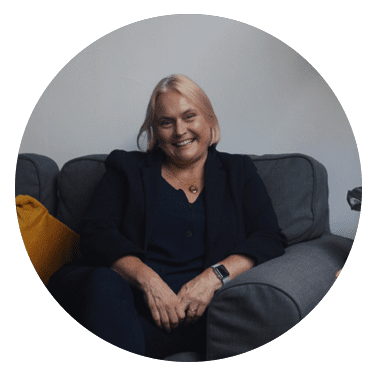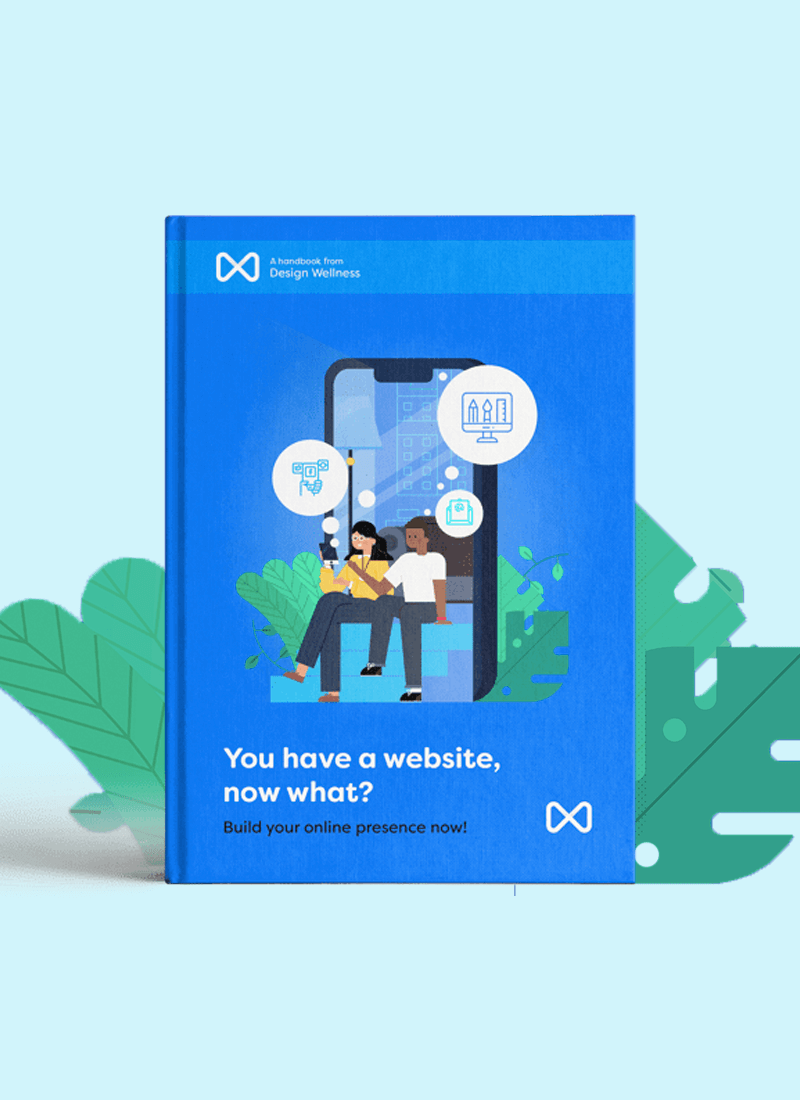

Eileen is a fully qualified and registered counsellor trained in Transactional Analysis, Acceptance Commitment Therapy and Imago Relationship Therapy. Her background is in science, education and health, previously working as a research scientist, teacher and lecturer. More recently, working for the NHS as a nutritionist.

Industry Insights
In this series, we highlight the journey of mental health professionals from their beginnings in the industry all the way through to the services they provide. Getting to know the people we work alongside allows us to adapt and craft more personal experiences for them and their clients.
Tell us about your journey into therapy, what led you to become a therapist?
I began my career as a crop and soil research scientist spending my days out on fieldwork, analysing samples in the lab and writing papers. I then changed my career and became a teacher while living as an ex-pat in Kuwait and then Malaysia and also having my children. For many years I’ve worked with people in education, health and the volunteer sector in teaching, advocacy and mentoring and guidance roles. I discovered that I felt most fulfilled and most effective when listening and providing support to people. While I was still lecturing, I trained as a nutritionist because I was fascinated with peoples’ relationship with food. I wanted to deepen my knowledge about how what we eat impacts not only our physical health but also our mental health. I planned to become a nutritionist, so I thought I had better equip myself with some extra training on listening and counselling skills. Once I embarked on the training, I was hooked, and here I am working full-time as a therapist!
How was your first year in your practice, and were there any bits of wisdom that you could share?
My first year in practice was slow and steady. I began in private practice with just one morning a week and built up from there. I was also working for the NHS part-time, so it was a good balance. My recommendations to new therapists would be to start slowly with your practice. Make sure you have a supervisor with whom you can build a good working relationship. Also, get your admin and finances organised even if you are not earning much. Build a network of peer support around you too, as private practice can be lonely at times.
What do you love about your job?
I love meeting and working with all sorts of different people. I enjoy building a therapeutic relationship with every client. Seeing the positive changes in people and watching them begin to flourish as the therapy progresses is wonderful.
Any top tips for those looking to improve their wellbeing?
You don’t need to be ‘unwell’ or in crisis to come to therapy. Just a few sessions can make such a difference to your life if you’re stuck with something. We join a gym or start exercising when we know we need to do something about our physical health. So why not apply the same thinking and behaviour to your mental health too?
Do you feel there are any accreditations/courses/training you’d recommend newcomers to the therapy industry check out and if so, why?
There are different routes to becoming a therapist. If you are interested in training an excellent place to start is by looking on the BACP website for their recommendations on training routes. I’m a Transactional Analyst, so my path was through the UK Association of Transactional Analysis (UKATA). Become a member of a regulatory body such as BACP, UKATA or The NCS and adhere to their ethical guidelines. Once you are qualified then there is so much more training out there depending on what you as a therapist are particularly interested in. For example, some therapists want to work with children and families, and extra training is, of course, needed for that. I’m a nutritionist, so I’ve also done training to become a Licenced Practitioner of the ‘Understanding Your Eating Programme’. I wanted to have greater skill and knowledge about disordered eating and emotional eating.
What I’ve noticed is that therapists seem to love a good course! We do have to meet certain CPD hours each year as recommended by our regulatory body but most therapists I know meet those requirements easily as there is a real desire to learn and gain new skills for working with our clients. Personally, I wanted to expand my work to couples, so I have done further training to become a couple’s therapist. I have completed courses on working with anger, suicide, shame, trauma, bereavement and bodywork. I’ve also trained in Walking Therapy and Acceptance and Commitment Therapy.
How are you finding continuing sessions under lockdown?
Sessions under lockdown are going well; I think myself and my clients have just got used to it. I use an online platform for most of my sessions called zoom so we can see each other. Some of my clients have chosen to have phone sessions instead, especially if their internet isn’t great or they haven’t got a private space in which to talk. One client has our session while sitting in their car. For a couple of clients, we’ve been doing walking therapy on our phones. They walk in their space, and I walk in mine; I did get caught out with timings of that the other day when I hadn’t estimated the time back to my house correctly, and I had to run home to make it for my next zoom session.
Do you have any words of advice for those that are struggling at the moment?
If you are struggling at the moment, please reach out to someone (even if your mind gives you the thought not to and you don’t feel like it). That maybe someone in your home, or a friend or family member whom you can contact. You could of course also seek help and support from a therapist.
We’re all dealing with this lockdown in different ways. How we respond now to what’s happening depends a lot on what our lives were like before lockdown. And what our circumstances and stressors are now. I like this quote from Stephanie Grant:
“If you have the capacity to use this quarantine time for growth and new journeys, by all means, you should. But a lack of capacity for new things or old is not failure. It just may mean you’re already full. And it is healthy and good to say no to things that would push you over your capacity”
We’d like to thank Eileen for taking the time out to answer the above questions for us, if you’d like to reach out to Eileen directly on her services we’ve provided her contact details below!



